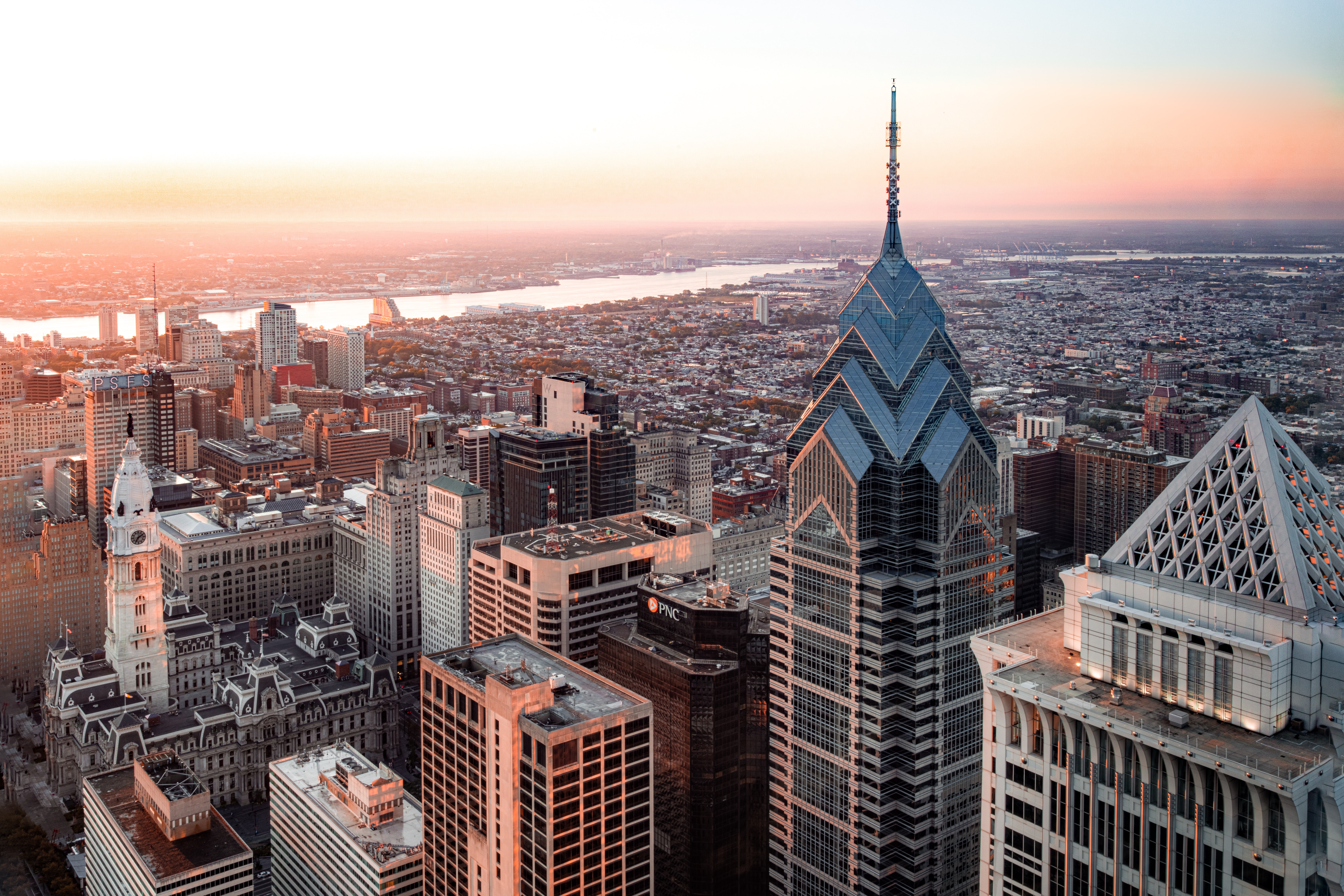Seeking Environmental Justice in Philadelphia: Creating a Path for all Voices
The Reeves family has worked over generations to ameliorate harms and create opportunities in Grays Ferry, a predominantly Black community directly next to the refinery’s old north yard. As part of their efforts to demand a more just future for their families and community in the wake of the final refinery explosion in 2019, Mr. and Mrs. Charles and Tammy Reeves have partnered with PPEH to share their perspectives on living with a refinery through the sharing of oral histories (collected in Schuylkill River & Urban Waters Research Corps Archive's Grays Ferry Oral Histories Project) and through collaboration with visual artist Amy Balkin.

Seeking Environmental Justice in Philadelphia: Creating a Path for All Voices.
The Reeves family has worked over generations to ameliorate harms and create opportunities in Grays Ferry, a predominantly Black community directly next to the refinery’s old north yard. As part of their efforts to demand a more just future for their families and community in the wake of the final refinery explosion in 2019, Mr. and Mrs. Charles and Tammy Reeves have partnered with PPEH to share their perspectives on living with a refinery through the sharing of oral histories (collected in Schuylkill River & Urban Waters Research Corps Archive's Grays Ferry Oral Histories Project) and through collaboration with visual artist Amy Balkin.
This moderated conversation intends to prompt consideration of how rapid response collection and openly accessible archival practices can support community advocates and environmental justice.
Companion posters will be available at the Biotech Commons and Van Pelt Library during International Open Access Week from October 24 until October 28.
Location: Holman Reading Room, Biotech Commons.
3610 Hamilton Walk, Johnson Pavilion
Philadelphia, PA 19104
This event recognizes International Open Access Week October 24-29, which this year has the theme, Open for Climate Justice. Tonight's event is sponsored by the Penn Libraries and the Penn Program in Environmental Humanities.
Registration is required. There are 67 seats available.